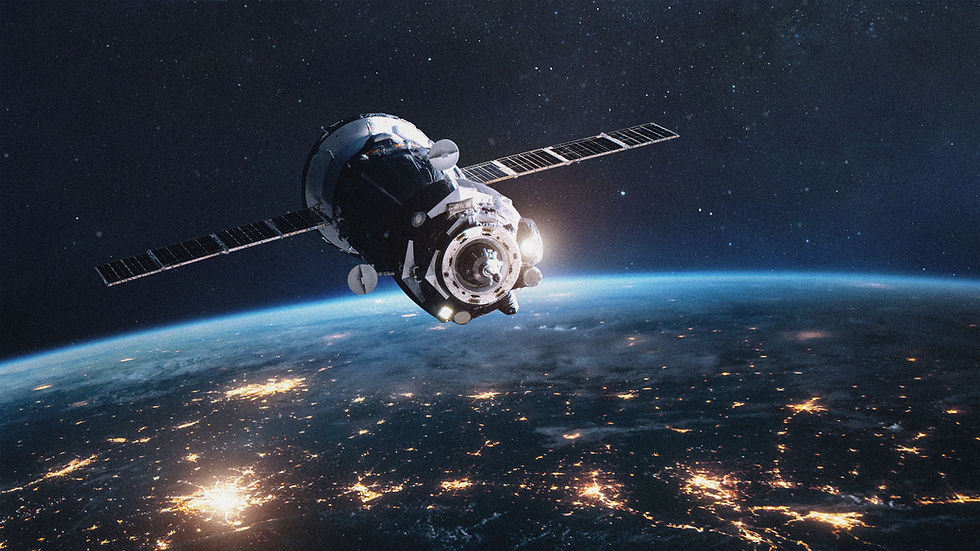Pop-up Planetarium


Goodbye Earth!
Since the dawn of the space age, humans have launched a multitude of spacecraft to explore the cosmos, expanding our understanding of the universe and our place within it.
Exploration Missions

Apollo Program
The Apollo missions, including Apollo 11 which landed the first humans on the Moon in 1969, marked a monumental achievement in space exploration and inspired generations.

Voyager Missions
The Voyager spacecraft, launched in 1977, have traveled beyond the edges of our solar system, carrying messages from humanity in the form of the Golden Record.

Mars Exploration Rover
Spirit, Opportunity, and Curiosity, along with the Perseverance rover, have roamed the Martian surface, uncovering evidence of ancient water and paving the way for future human exploration.
Recent Science Missions

James Webb Space Telescope
Scheduled for launch in 2022, the James Webb Space Telescope (JWST) is poised to revolutionize our understanding of the universe by peering deeper into space and time than ever before. With its advanced instruments, JWST will study the formation of galaxies, stars, and planetary systems, shedding light on the origins of our cosmic home.

OSIRIS-REx
Launched in 2016, OSIRIS-REx is on a mission to study the asteroid Bennu and return a sample of its surface material to Earth. By analyzing this pristine material, scientists hope to gain insights into the early solar system and the origins of life on Earth. It returned the samples to Earth on Sept. 24, 2023, kicking off an exciting autumn of asteroid milestones!

Parker Solar Probe
Launched in 2018, the Parker Solar Probe is humanity's first mission to "touch" the Sun. By flying closer to the Sun than any spacecraft before it, Parker Solar Probe aims to study the solar corona and solar wind, helping scientists unravel the mysteries of solar activity and space weather. Parker just completed its 16th orbit, moving ever closer to the surface of the Sun.
NASA Science Fleet Chart
